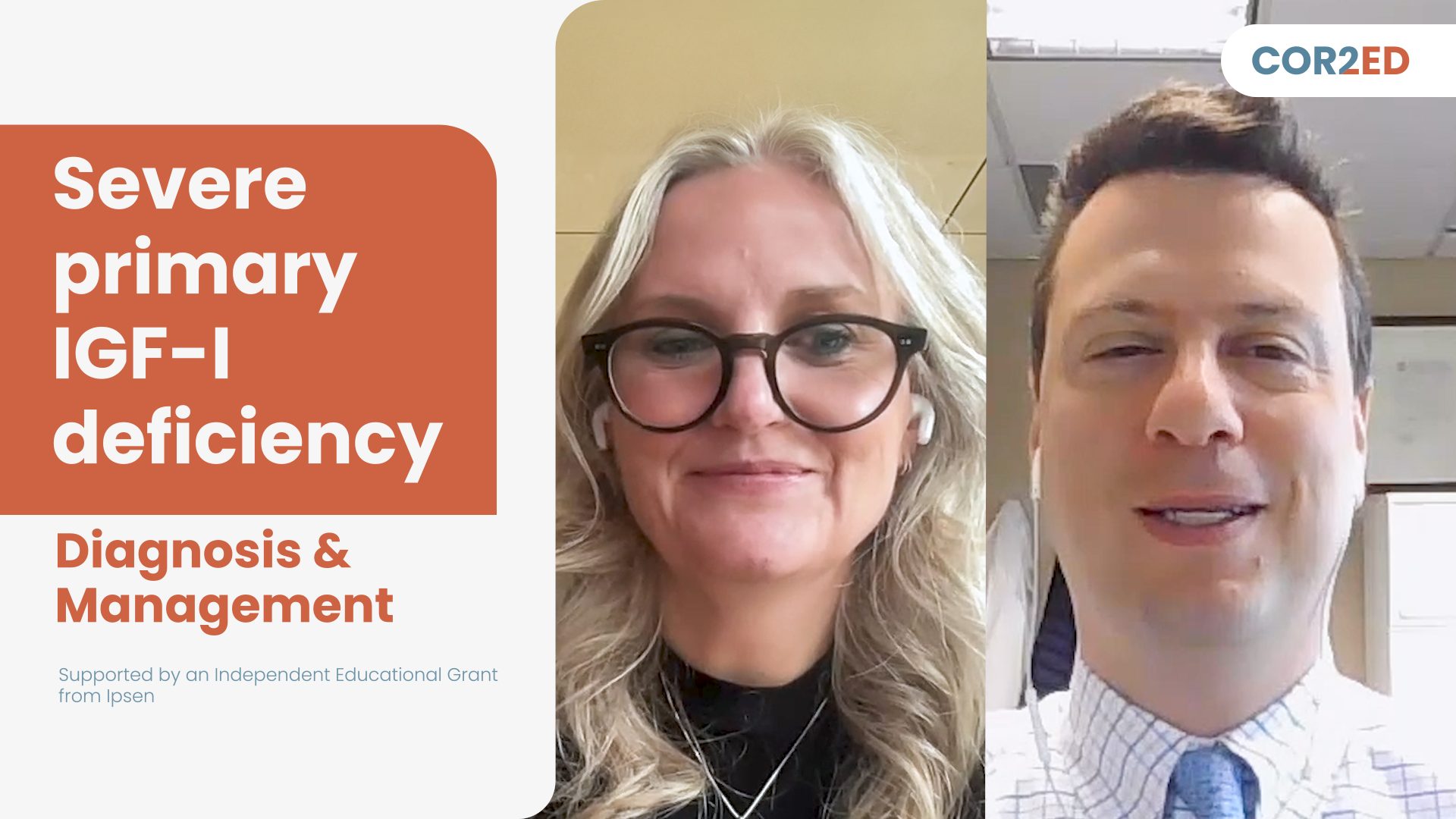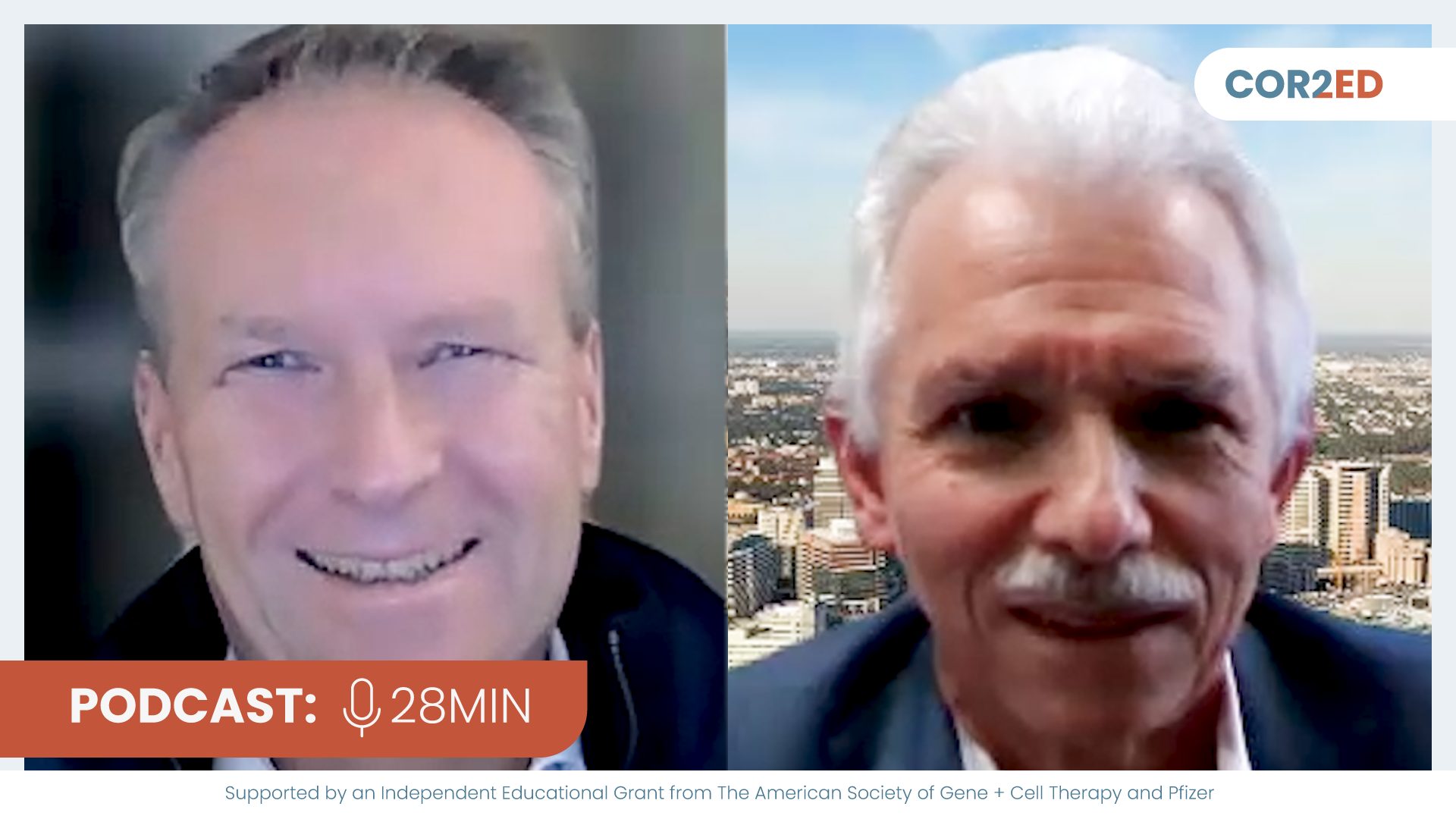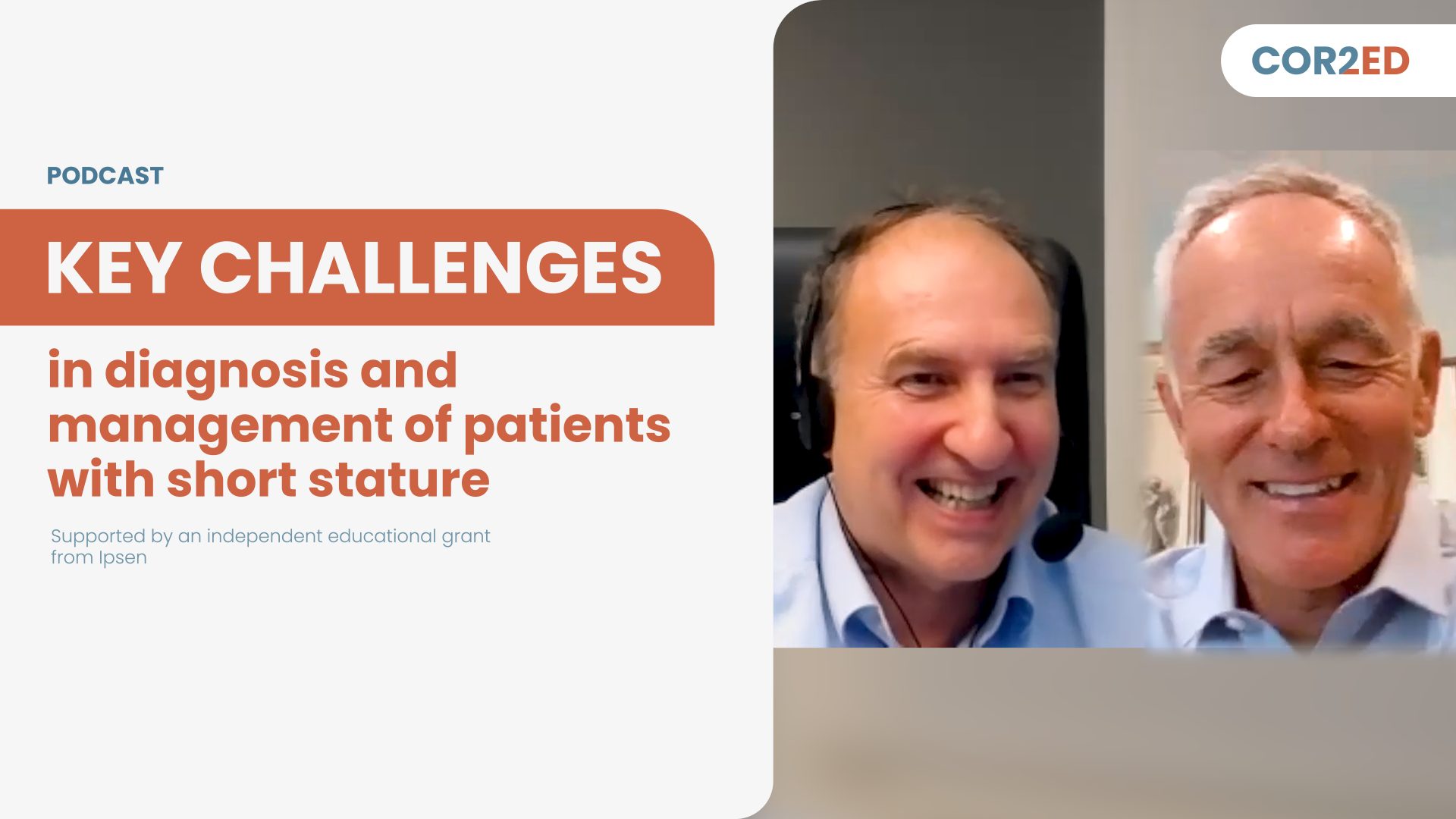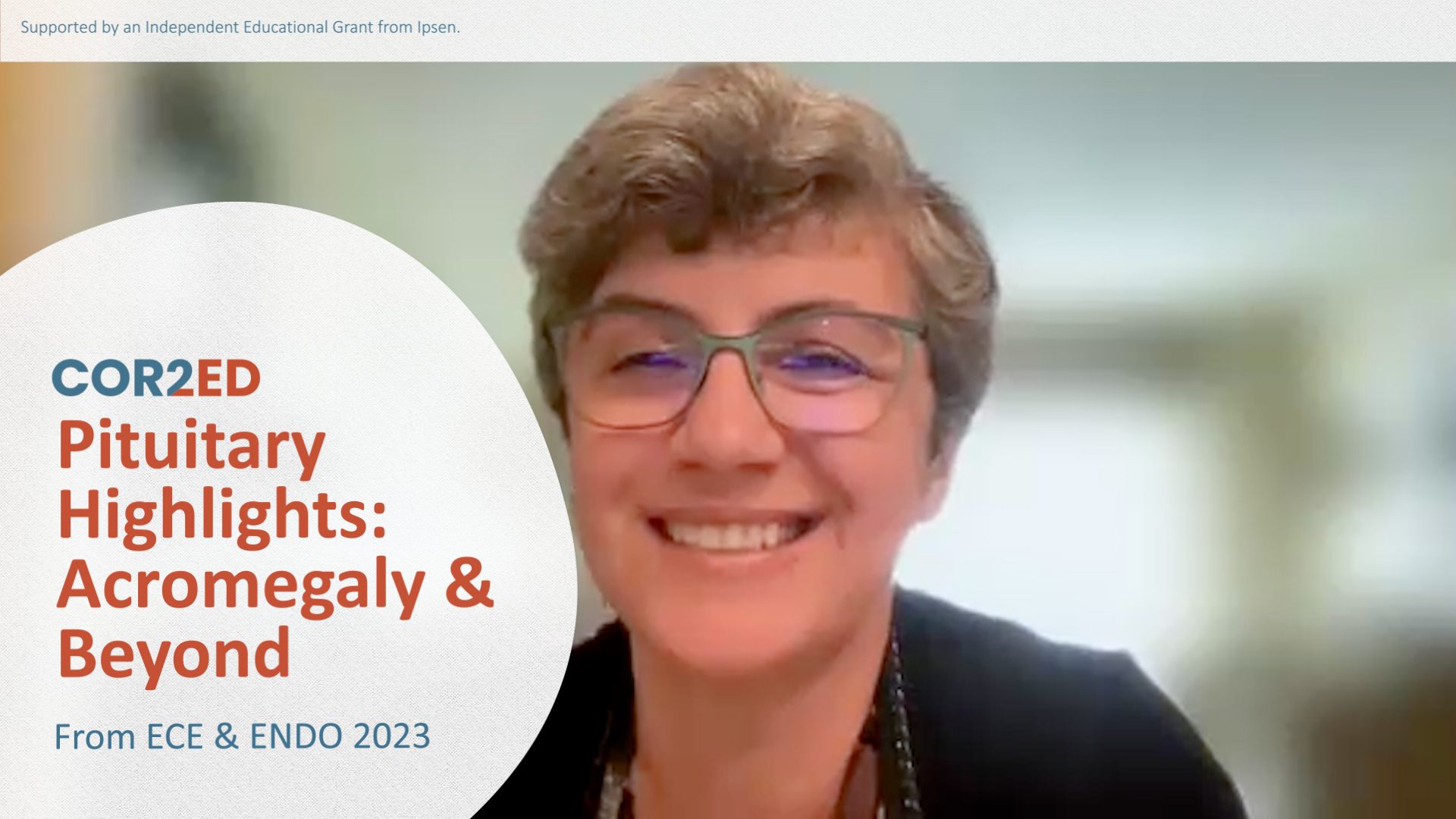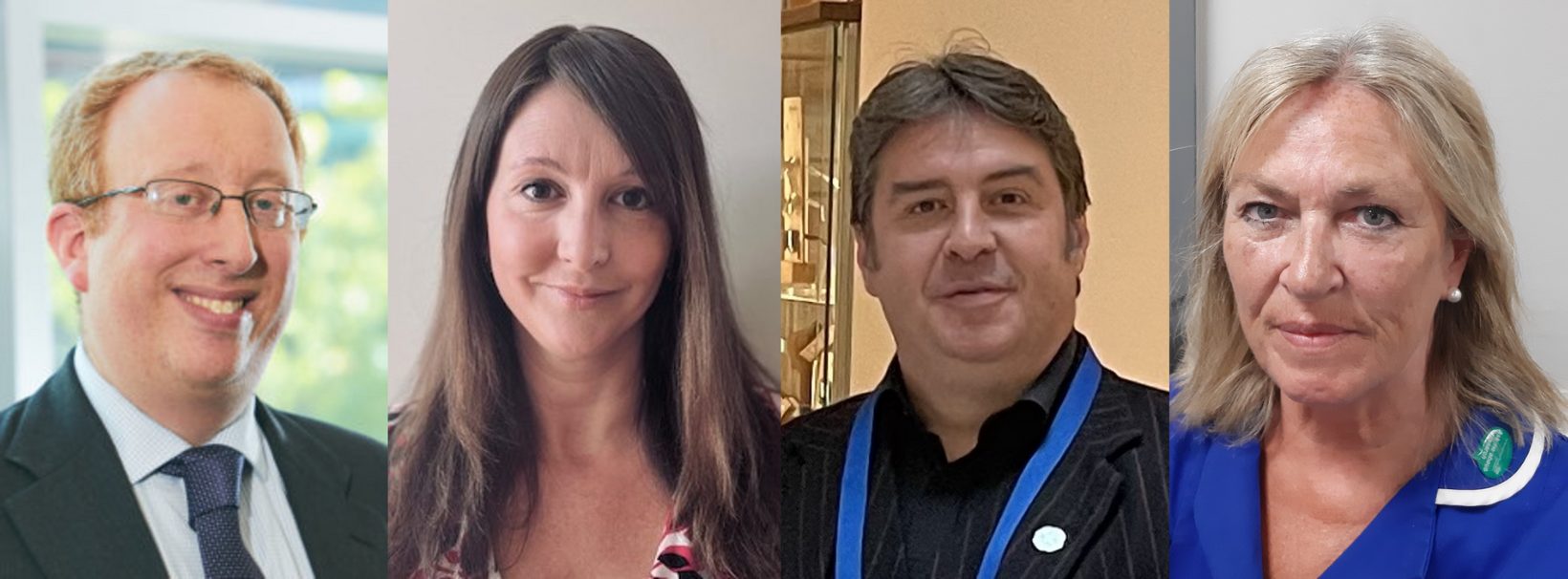Please note:
Podcasts are designed to be heard. If you are able, we encourage you to listen to the audio, which includes emotion and emphasis that is not so easily understood from the words on the page. Transcripts are edited for readability. Please check the corresponding audio before quoting in print.
This programme is supported through an independent educational grant from Ipsen and is an initiative of COR2ED.
The views expressed within this podcast are the personal opinions of the authors. They do not necessarily represent the views of the author’s academic institution, employer or other group or individual.
Gideon Hirschfield: Hello, and welcome to this exciting podcast on PBC highlights from the International Liver Congress 2022 just finishing in London UK. My name is Gideon Hirschfield. I’m a hepatologist from the University of Toronto, and I am delighted to be joined here today by Ana Lleo, a Professor of Hepatology from Milan. Ana and I are going to have a conversation about some of the highlights that we took away from this congress, on primary biliary cholangitis. I hope we can have a fair, frank and open discussion. So Ana, let me start by asking you what kind of convention you had, and then you tell me a little bit about what you learned about some of the first-line treatments for PBC from some of the sessions at ILC.
Ana Lleo: Hi Gideon. It’s really a pleasure being here. It has been a really exciting meeting. It is the first meeting face to face we had in a long time, and it was really exciting following all the sessions. We did a lot of work on PBC during this meeting. For sure the first line was highlighted as ursodeoxycholic acid. I think that's something nobody really doubts - the efficacy has been proven, we all use it. The only reminder was to use the correct dose 13-15 milligrams per kilogram per day. I was actually surprised seeing a very nice study that the UK PBC group presented. It was real life experience with a really high number of patients in which they show that actually a very good percentage of patients are under dosed on first line so that the dose adjustment is not always correct.
Gideon Hirschfield: I agree, and I think one of the interesting things is when we educate about PBC we've got to educate from the beginning, not just from the middle and so from the beginning it's a good diagnosis and it's using ursodeoxycholic acid properly and there's still work to be done. It's better than it was but there's still work to be done.
What did you think about when we should screen for failure to respond to ursodeoxycholic acid? Do you think it's okay to wait 12 months or do you think that really we should be accelerating that time point?
Ana Lleo: Well, I think we already have enough data to suggest that the sooner we start second line in non responders or incomplete responders the better. The large cohort studies have identified that predictors at baseline are reliable to identify those patients that don't respond. So it's not clinical practice yet, the guidelines still recommend to assess response at 12 months, which is what most people do, but I think we need to do more studies to validate these indications and see if we can start second line earlier.
So what do you think Gideon about the second line and the treatments that are available at the moment?
Gideon Hirschfield: First of all, I agree that I think we would like to accelerate the time point when we consider second line treatment. I would just say in one of the sessions, we talked about whether there needs to always be a rush in PBC. So you know, without doubt, I want all patients to get the best treatment, but I also want patients to be adherent, to understand their disease, to feel as if they understand the quality of life aspects of it. So I'm a little bit nervous about a pure escalator approach to PBC. I want something in the middle, where our colleagues around the world really identify insufficient response at the appropriate time.
As regards second and third line treatment it's very, very exciting times. It's very clear that we've agreed that we don't want our patients living with abnormal serum liver tests on ursodeoxycholic acid, or if intolerant to ursodeoxycholic acid, because that clearly is associated with poor outcomes. And it's very exciting that we have licensed second line therapy and clinical trials of new agents, as well as off-label therapies. So we use licensed therapy and there was data at this conference, looking at real world outcomes, looking at how to demonstrate whether a drug, such as a obeticholic acid does improve not only biochemistry but also improves outcome and that's relevant to other second and third-line treatments because they're going to be developed in a very, very similar way. So in our practice what we're doing, of course, is, we have a choice between obeticholic acid, and sometimes off label use of drugs. We’re using licensed approaches first. We're looking at patients at 12 months of treatment on ursodeoxycholic acid and we're looking at their symptom profile to decide how they will tolerate with obeticholic acid.
But we're looking to the future as well, because we know that not everyone responds adequately to obeticholic acid. We know that obeticholic acid does have a side effect profile, including pruritus
And we know that drugs that target the PPAR pathway, whether that’s bezafibrate, fenofibrate or new drugs in development, such as elafibranor, seladelpar, saroglitazar, they have the opportunity to not only tackle disease but also tackle symptoms. So we're identifying the higher risk patients using biochemistry, as we discussed, maybe we're thinking about this at six months not 12 months and then we are adding in second-line treatment, usually for us it's obeticholic acid, I'm not sure what you're doing, and then we are giving patients triple therapy.
Ana Lleo: Yeah, I guess, we have a slightly different approach so for sure we use the first approved, second line treatment. We probably personalise a little bit more the treatment, and if the patient, for instance, is a non-responder and has pruritus we will go for fibrates first. But it's still up to the clinician to decide which second-line treatment is better. However, I have to admit that the fibrates are still under used and still the guidelines recommend even in Europe, second-line treatment with obeticholic acid so it's still an open question there. I think we still need more data. Actually the combination second-line data was actually exciting. also it's a recent paper that was represented in some of the sessions in which combination of triple therapy actually has shown, very good effects, and I think that's exciting too. So we can offer our patients that do not respond to second line an add-on therapy with fibrates or obeticholic dependent on what you have used before.
Gideon Hirschfield: An important point, I think, is that most patients living with PBC do not go to super-specialist PBC clinics. And that's the reason the guidelines are so important and it’s guidelines in Europe and the US and they're pretty well aligned. I mean there's some differences about the emphasis on off label therapies. But the point I'm making is that with new licensed therapies coming online it's easier for the guidelines to be clearer and clearer for everybody, so that it doesn't matter where you live with PBC you're going to get the same opportunity for personalised care. One of the challenges of personalised care is making sure that the person making those decisions in conjunction with the patient has sufficient experience and expertise. Of course with off label therapies people feel a little uneasy about using drugs off label, particularly when they worry about side effect profiles. And so I hope in the future, in the next years to come, when we have other therapies approved for PBC that will then allow the guidelines to be clearer and actually what that means is that there's a more uniform standard of care. I think standards of care, something that you highlighted from the UK paper about the opportunity to actually measure what we're doing, not what we're talking about. That's something that came up in the conference in a number of sessions, it's quite easy to talk about where we'd like to be in terms of treatment response in terms of symptoms and studies that looked at symptoms. But we also have to then translate that into what's actually happening in the community, which is actually where the majority of PBC is looked after and in fact I think wherever you live it's the same around the world.
Ana Lleo: Yeah it is it's the same experience, I think we also need to remind that unfortunately, the second line treatments that we have available at the moment cannot be used in advanced cirrhosis and that's a limitation for our patients. If the patient is not a good candidate for transplantation at the moment they are without options. There is nothing else we can offer them
Gideon Hirschfield: Absolutely. And the second thing is, as a community of people and patients with PBC we mustn't undervalue our disease. We mustn't take the approach that our disease should be treated only with cheap drugs. Drugs have cost and our patients are valuable and preventing liver transplantation and improving quality of life are valid targets. It's perfectly valid for those treatments to be state of the art. It's not only diseases that you can cure that should have the latest therapies, but chronic diseases like PBC, which have significant impacts on quality of life and, as you said quantity of life are also valuable to the individuals living with it and therefore there's value to having therapeutic development for PBC and other cholestatic liver diseases.
Ana Lleo: Yeah probably we should organise our care and management of patients also with an early referral of most difficult cases to specialised centres. For those cases that probably are at higher risk of complications that need to be listed for transplantation earlier and I know it's not always easy it's not applicable to all countries, but it’s probably the way to offer our patients the best cure giving everyone the same opportunity.
Gideon Hirschfield: I agree, and look, what we're trying to do is get the patients to the right place at the right time, and you know, there was discussion about side effects of treatment side effects of UCDA, side effects of obeticholic acid, side effects of bezafibrate. We will learn about the safety profile of the new drugs. Clearly what we therefore need is individuals looking after patients who've got the experience to use these drugs, because even drugs like ursodeoxycholic acid, I don't know what you think, even that has some side effect profile. It's a safe drug but, in fact, if you listen to patients, patients do tell you some of the things they don't like about UCDA just like they tell you the things they don't like about OCA and just like they tell you the things they don't like about bezofibrate and no doubt they'll tell us the things they don't like about other drugs. It's taking medicines isn't it?
Ana Lleo: Yeah absolutely the same. PBC is a disease in which you can take your time with. Probably some patients report some discomfort in terms of diarrhoea and nausea but I've learned that if you stop treatment and then you restart with a slower approach, increasing the dose as tolerance allows in the end, they end up tolerating the drug very well. And the same thing I think we've learned a lot about management of pruritus with obeticholic acid. So there's still a lot that we can do and learn in management of side effects for our patients.
Gideon Hirschfield: I agree and that’s what personalised care is about - listening to the patient, listening to their symptoms. We talked a lot about symptoms, I think you'd agree, at ILC and there were studies on symptoms and there were data on trials, where symptoms have been evaluated and those symptoms were not just pruritus but they were fatigue and so a lot of the discussion was just to listen more. As you say, if you listen more then you can adjust what you do and you can use what we have at the moment better. But in the future that helps us develop drugs which hopefully have less side effects but also address other issues better, such as pruritus, such as fatigue. So I'm not sure what you took away from the conference but I certainly took away that we need to look at the whole problem with PBC not just alkaline phosphatase and look at pruritus, look at fatigue and actually ask clinical trials to look at those as well.
Ana Lleo: Yeah I agree absolutely with you Gideon. We focus a lot on the technicalities of the disease – alkaline phosphatase, the ultrasound, the signs of portal hypertension, which of course it’s very, very important for doctors, but our patients care more about symptoms, because it's what impacts their daily life. So, probably, as we said during the meeting, we need to find ourselves somewhere in between and manage, of course, the biochemistry and the disease but also treat symptoms. I was excited to see data on clinical trials addressing pruritus, addressing fatigue that we will see a lot in the future, and I think it will be a very good option for our patients. So this was very, very interesting.
Gideon Hirschfield: I agree. ILC had a lot of studies looking at ASBT inhibition, in cholestatic pruritus in children and adults, there was discussion about PPARs, you know, in development and already used and pruritus. Then there's this approach to inhibiting NOX inhibition and there was a secondary analysis as you point out looking at sub domains of the PBC-40 and looking at the impact of a new therapy on fatigue in clinical trials. So I think the fact that they're being discussed at ILC demonstrates the recognition of the importance. Of course, some of these therapies which are going to come are going to change both, as you say, the mechanics of the disease, the cholestatic injuries that have been by alkaline phosphatase which is now a surrogate endpoint for treatment need and treatment efficacy, but also improve pruritus, for example, and then maybe drugs that improve pruritus will also improve other quality of life generally. I think the big question is whether you can pick that up in six to 12 to 18 months of clinical trial and maybe you have to wait longer and that data really will come out in evolution. I mean the evolution of treatment of PBC is we do treat earlier and when we treat earlier we get better outcomes, so when we get better outcomes, we have patients with better quality of life, as well as better biochemistry.
So I think also we should caution people that you can't necessarily expect in all clinical trials to hit on everything in a relatively short duration, because I think you said it yourself Ana, this is a lifelong disease over decades and decades and a clinical trial is a mere snapshot of 12 months of a patient’s experience of living with the disease. Sometimes you know as we've seen with ursodeoxycholic acid it takes decades to get to understand all of the ups and downs of therapies and we're sort of starting to see that, with obeticholic acid which has been on the market now for six years and now we're getting data on outcomes and comparative ways of looking at outcomes, but it takes time doesn't it? We’re a rare disease, and you know it doesn't all just happen in two years and there are big studies. But I do think that the conference was particularly exciting about that point perspective and really highlighted where things may go in the future, and also set quite high expectations for ourselves as treating physicians and for our patients.
Ana Lleo: Yeah I totally agree with you. As you mention, it was also very nice seeing the comparison, the study of the patients treated with obeticholic acid compared with reference cohort of untreated patients that do not respond to UCDA. That gives a lot of hope. It gives a lot of hope to our patients because these treatments work and there are more options for them, and if we identify them early, as you said, we can offer them different therapeutic options in order to avoid complications.
So I think really the future for PBC is bright, there are a lot of possibilities for our patients, both in the treatment of the disease, in management of the complications and management of the symptoms and I'm sure we will see in the near future a management of the disease that offers our patients a broad line of opportunities and treatment
So I don't know what do you think Gideon, but I think this has been a lot of fun. We have actually enjoyed a lot, the meeting, and we have had a lot of fruitful discussions and we've learned a lot about the possibilities that our patients can have and I can't wait to see the next future what it offers and the possibilities that we will have.
Gideon Hirschfield: I agree, and we have the next in person meeting at AASLD and then there'll be another in person at EASL and we've learned that you can use both in-person meetings, Zoom meetings, podcasts, Twitter… all of these things. And collectively all of those things have been positive and our little disease. Our rare disease can have a light shone on it, and we can see that things will be better for our patients in the future, with a lot of effort from everyone - patients first and foremost.
Ana Lleo: Goodbye then. I hope to see you soon and we will be chatting about this more.
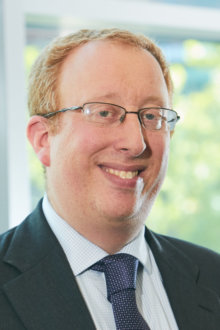
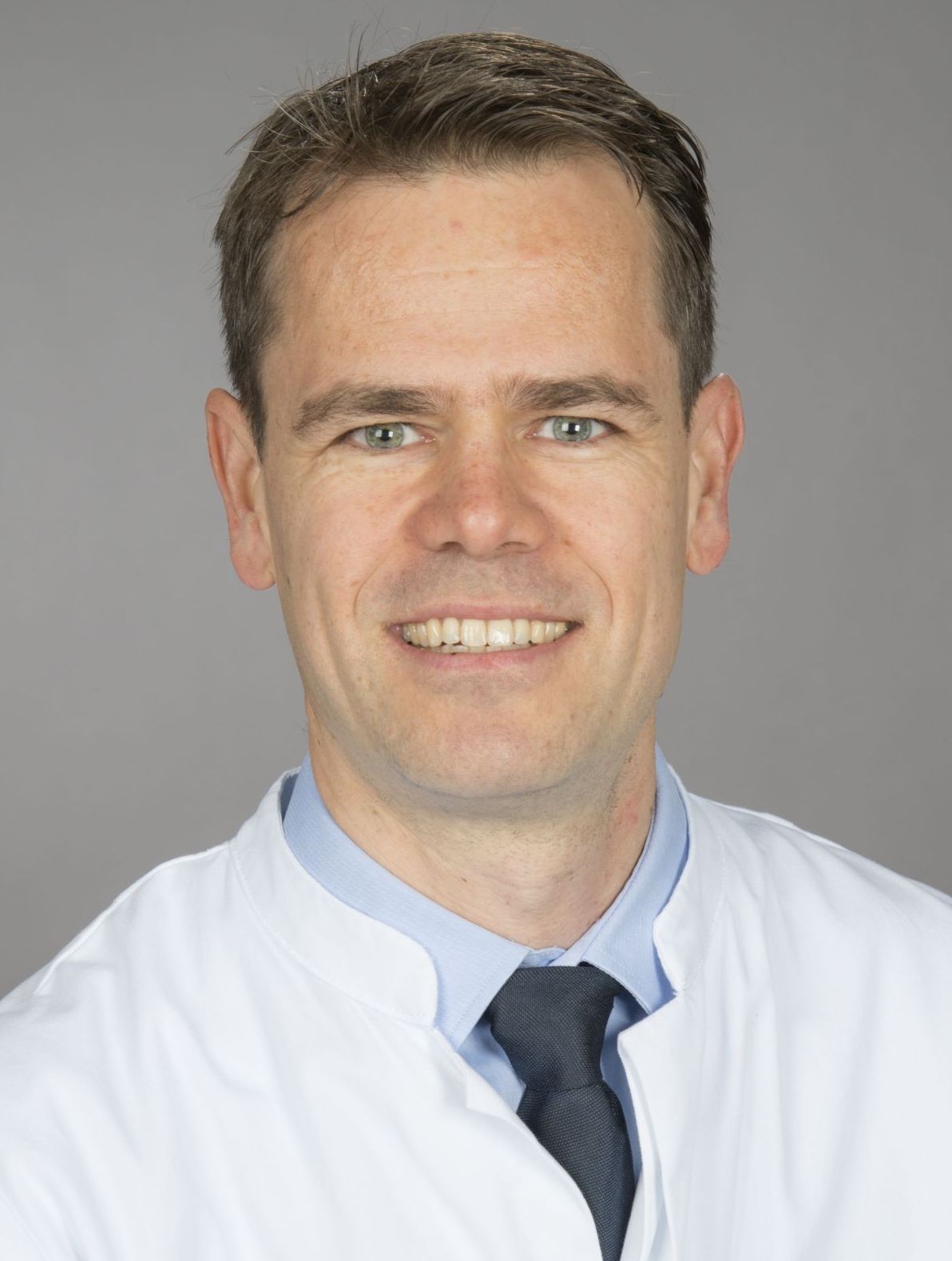

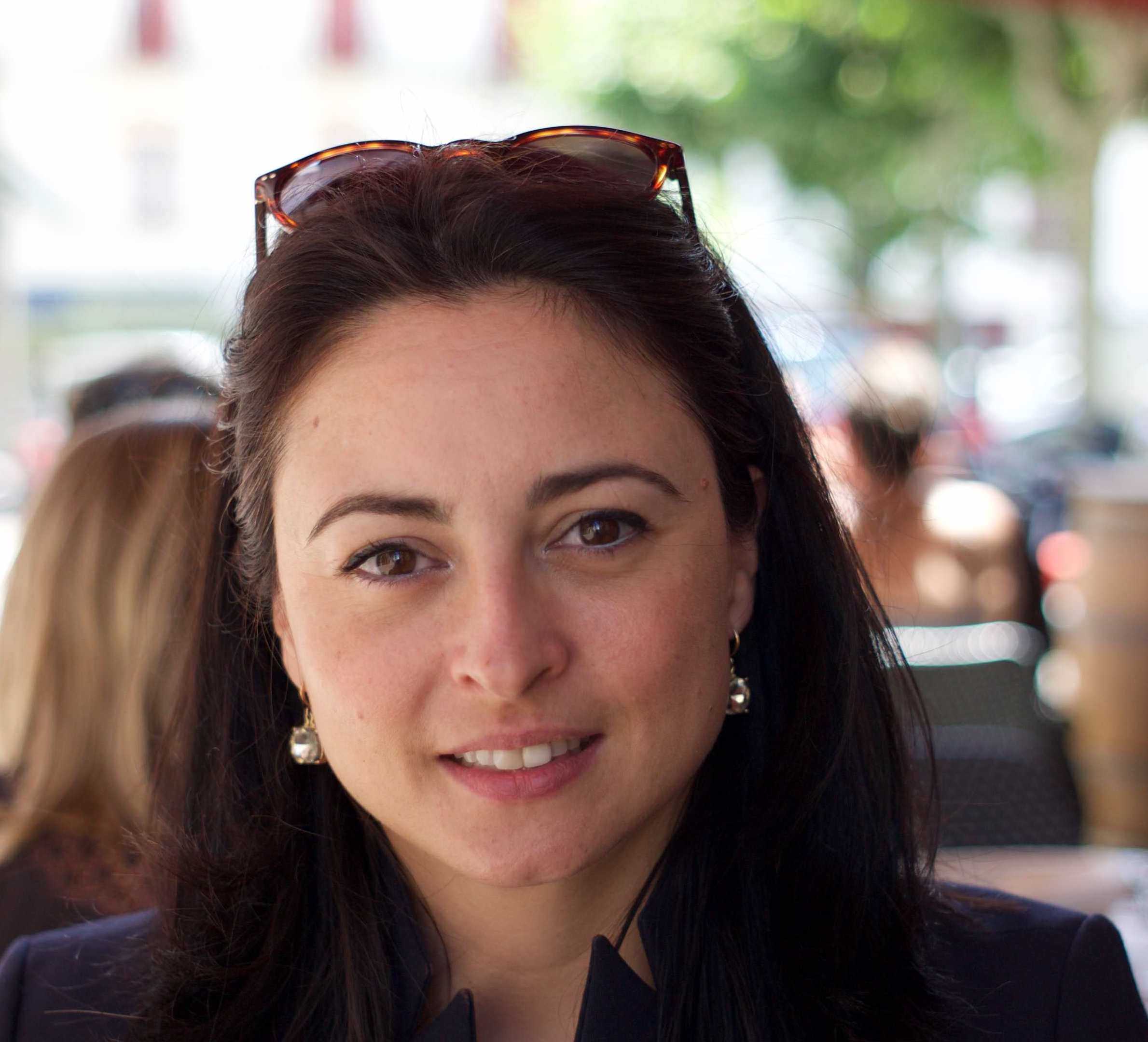






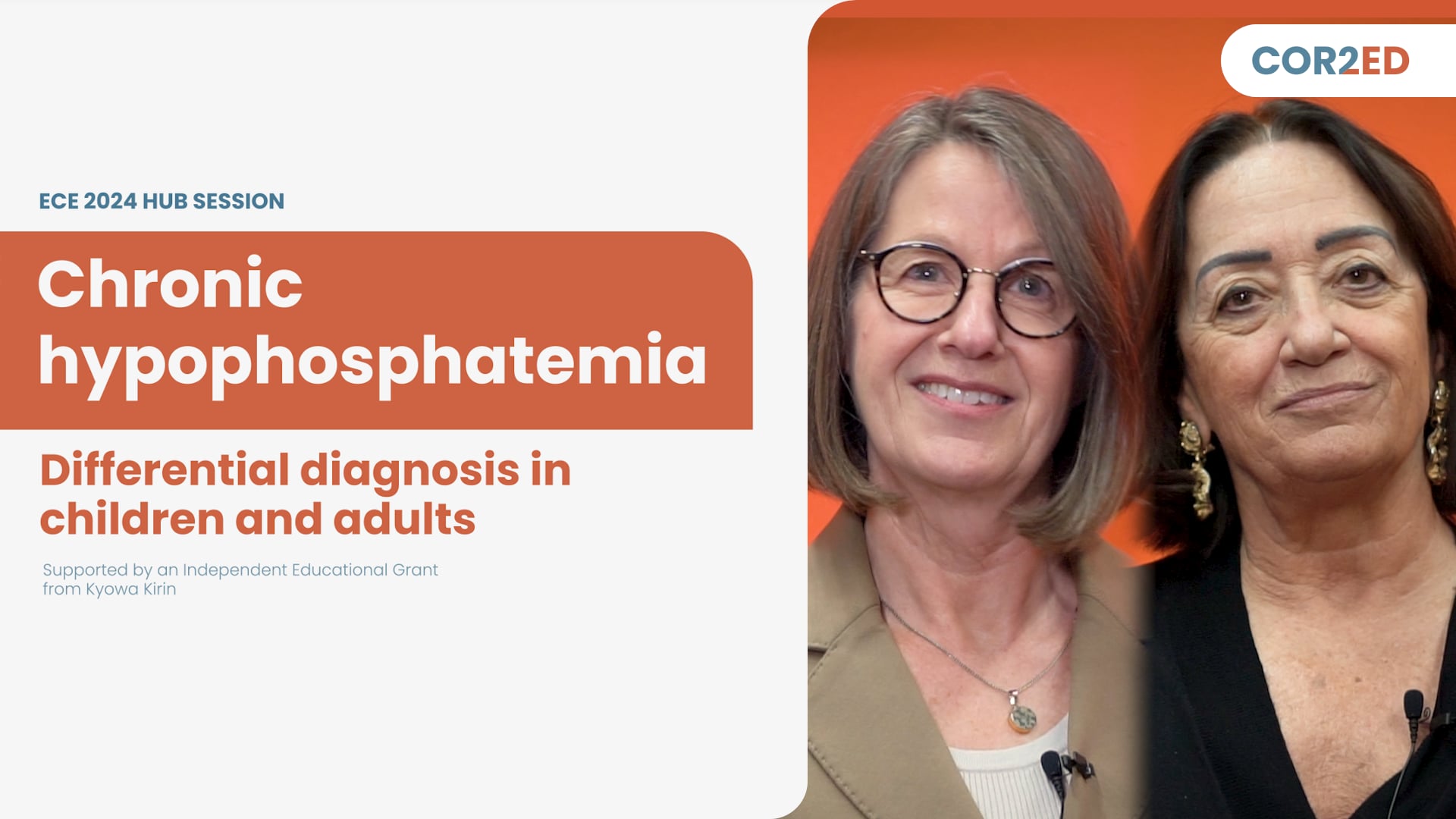
 Downloadable
Downloadable  5 MIN
5 MIN
 May 2024
May 2024 